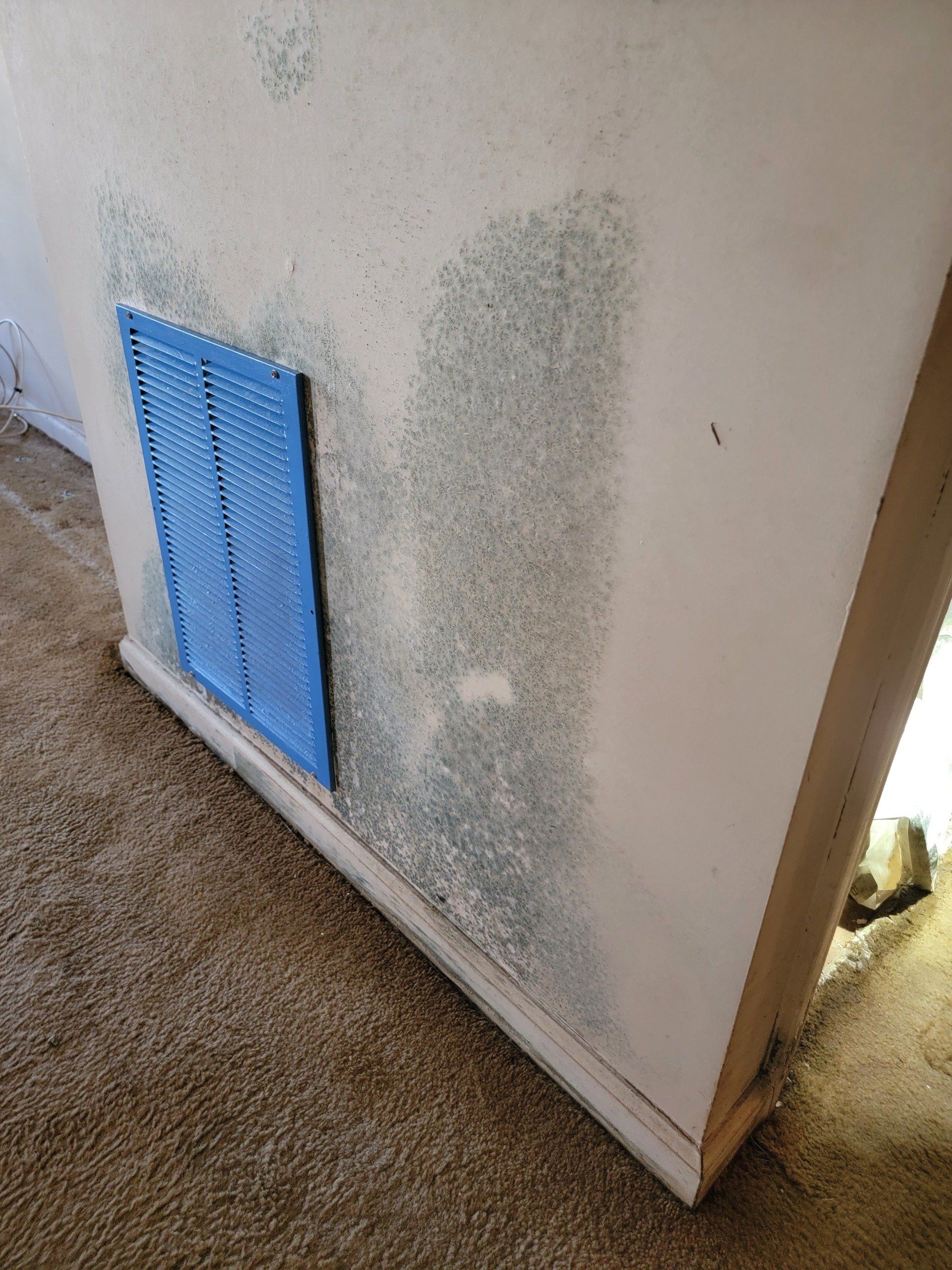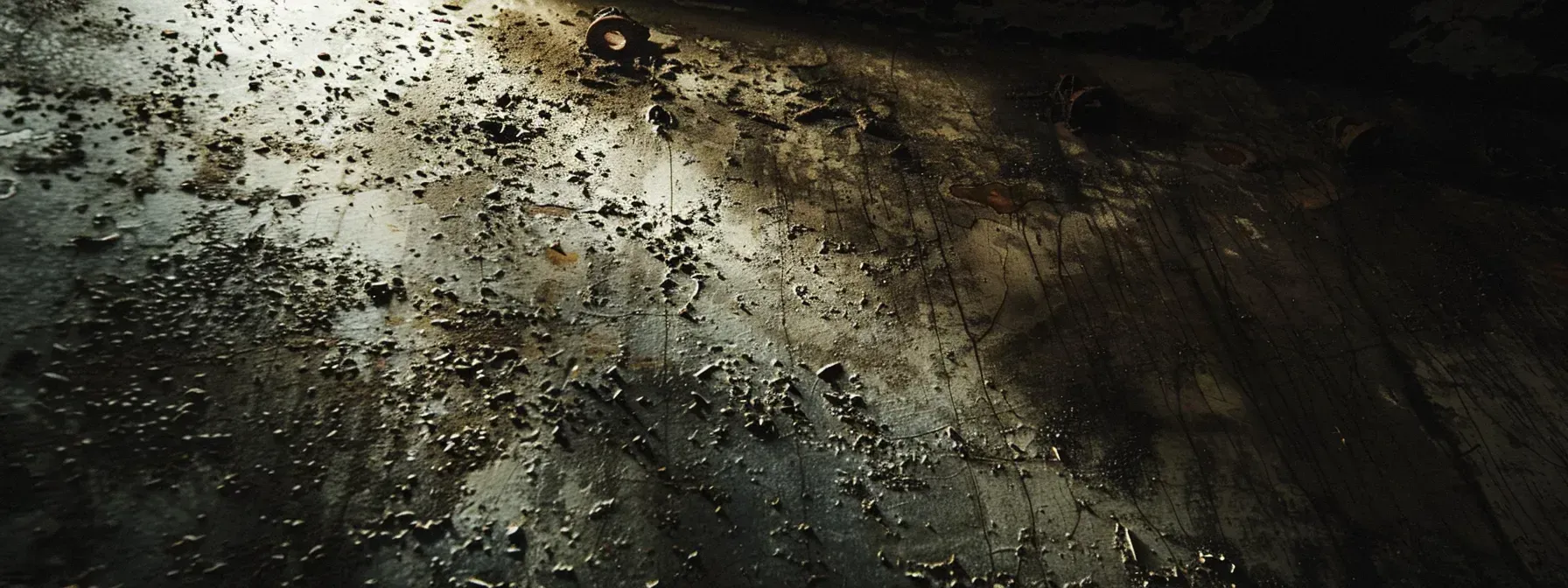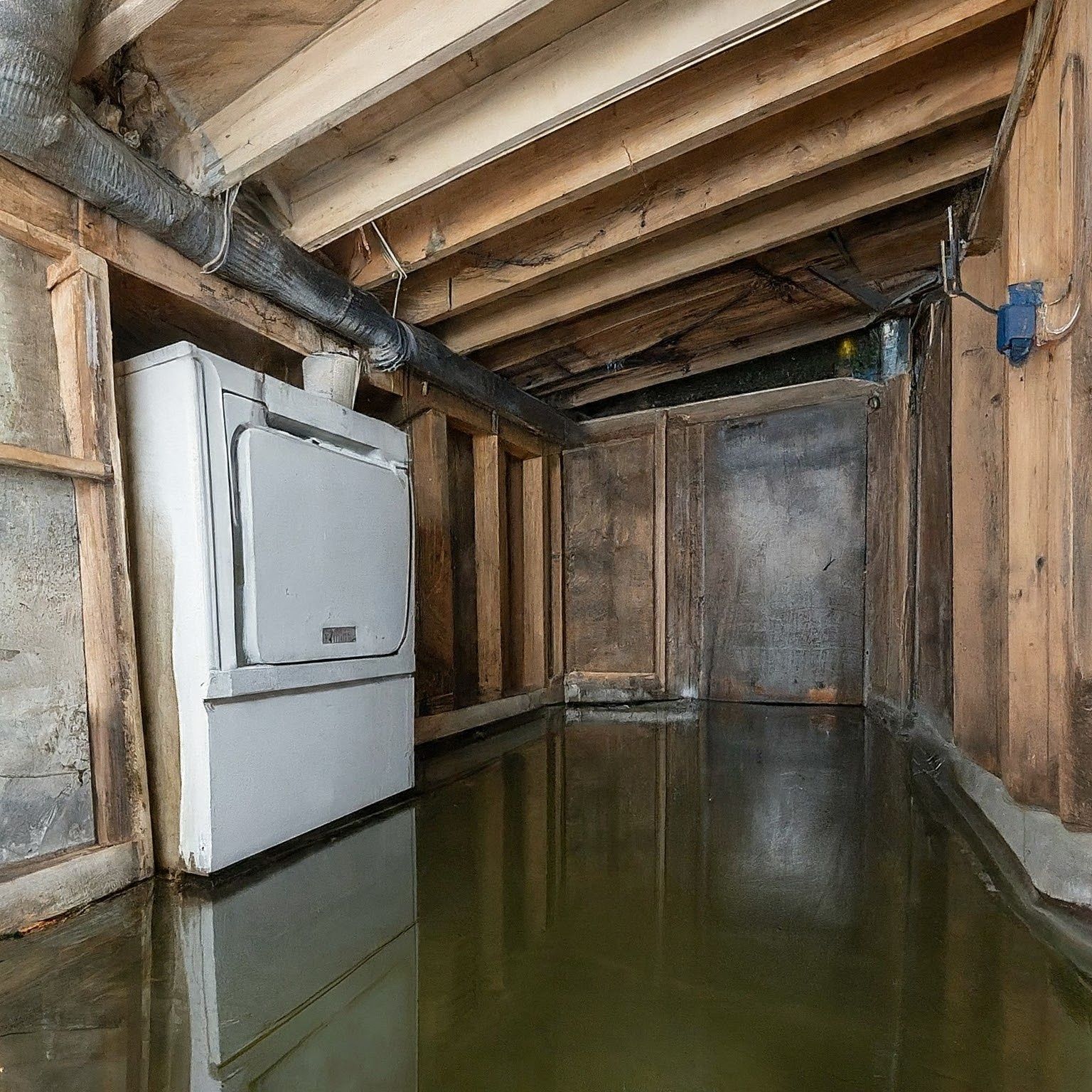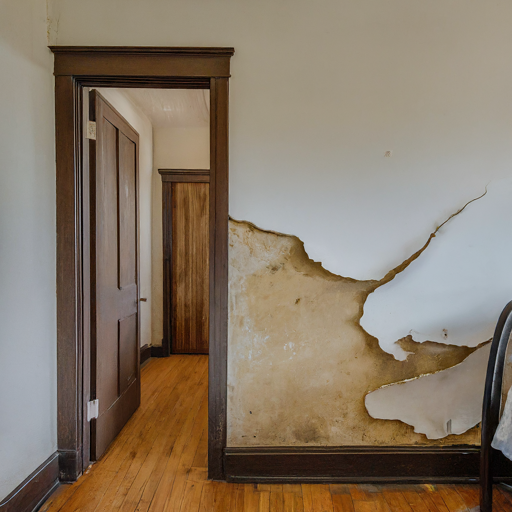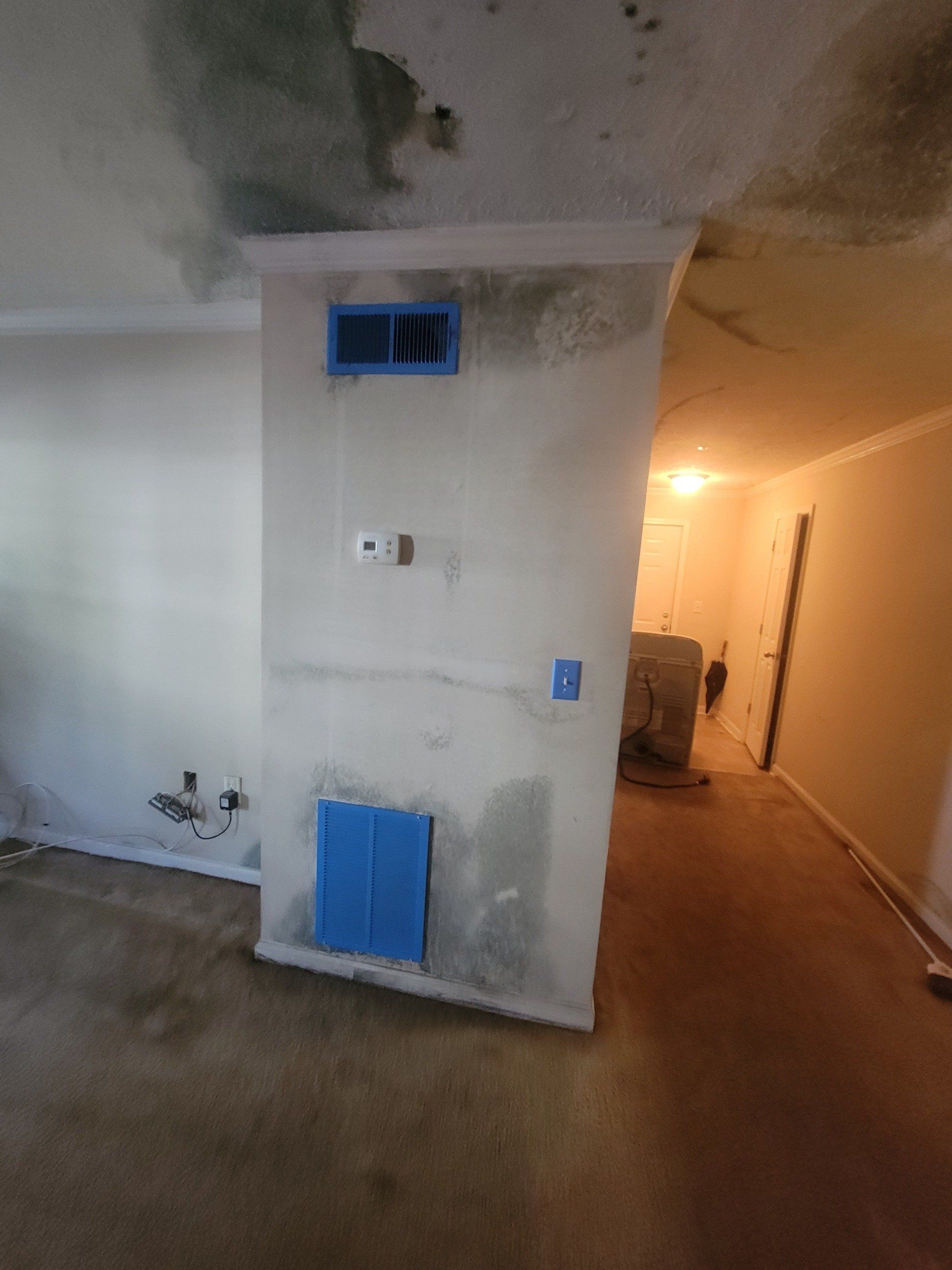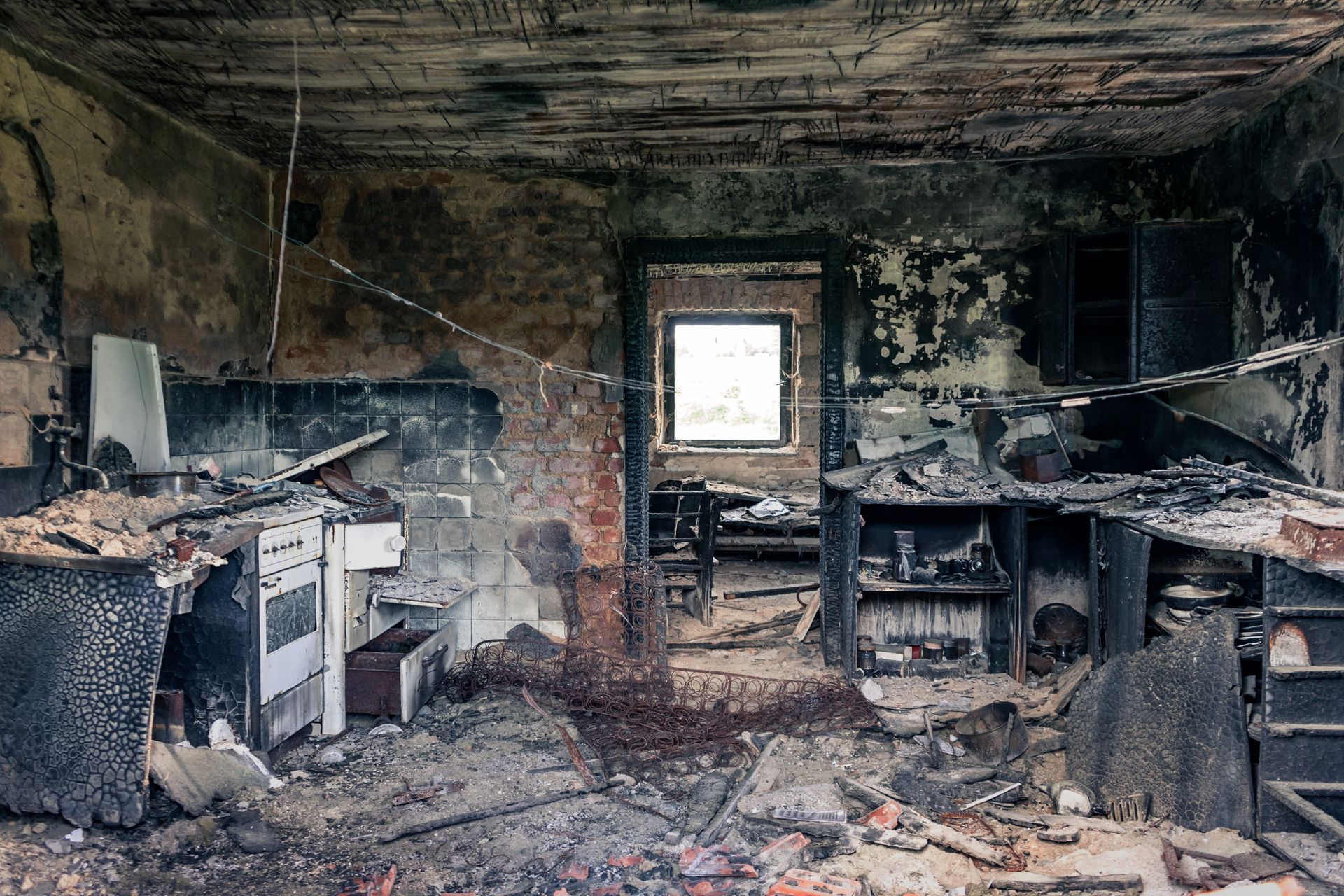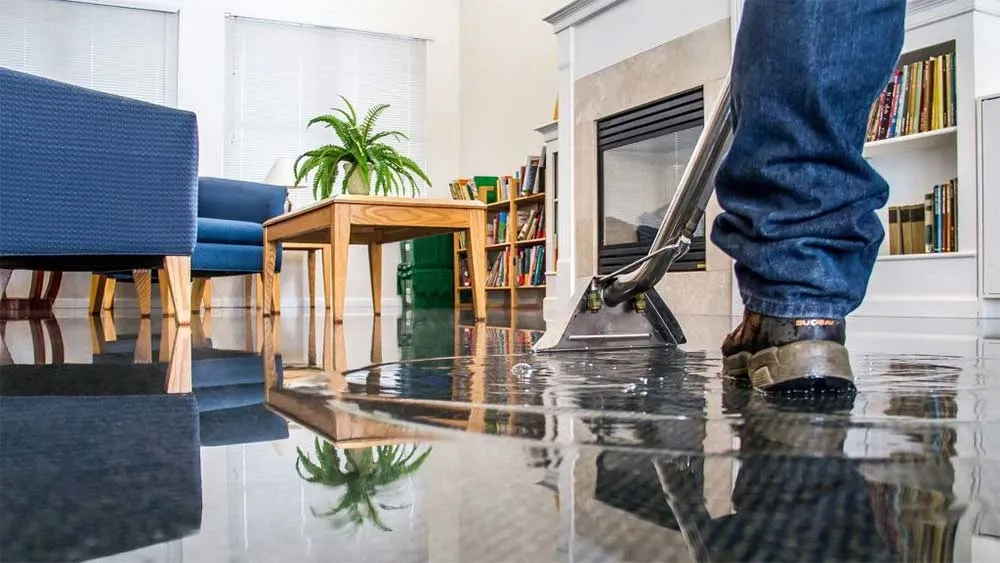6 Pro Tips to Keep Your Basement Dry and Safe
We've all heard the horror stories about basement flooding wreaking havoc on homes. But guess what? You don't have to be at the mercy of Mother Nature. With some smart strategies from Peachtree Mitigation, your local water damage restoration company, you can significantly lower the chances of basement flooding. In this blog, we're dishing out six tried-and-true tips to help you keep your basement dry and your worries at bay.
Tip 1: Get Your Exterior Grading and Drainage Right
Why It Matters: How your yard slopes can either protect your basement or put it at risk. Is water pooling near your foundation? That is not a good sign.
Actionable Steps:
- Take a Close Look: Check out the lay of the land around your house. Make sure water flows away from your foundation.
- Make Downspouts Count: Give those downspouts a mission - extend them at least six feet from your home to steer water away.
- Use French Drains: If things get soggy, French drains or swales can be your saving grace.
Tip 2: Maintain Your Gutters and Downspouts
Why It Matters: Ignoring your gutters can lead to overflow, saturating the ground near your foundation and increasing the risk of leaks.
Actionable Steps:
- Regular Cleaning: Clean gutters twice a year to remove debris.
- Inspect for Damage: Check for loose or damaged gutters, downspouts, and connections.
- Gutter Guards: Install gutter guards to prevent debris buildup.
Tip 3: Invest in Robust Sealing and Waterproofing
Why It Matters: Cracks or gaps in basement walls and floors can allow water infiltration.
Actionable Steps:
- Inspect for Cracks: Regularly check for cracks and seal them with epoxy or specialized sealants.
- Waterproof Paint: Apply waterproof paint or coatings for added protection.
- Consult Professionals: For extensive waterproofing, consult professionals for advanced solutions.
Tip 4: Install Sump Pumps
Why It Matters: Sump pumps prevent basement flooding by pumping out rising water levels.
Actionable Steps:
- Select the Right Pump: Consult a water damage restoration expert to choose the right sump pump.
- Proper Installation: Ensure correct installation with a backup power source.
- Regular Maintenance: Test your sump pump before the rainy season.
Tip 5: Manage Landscaping Wisely
Why It Matters: Landscaping choices can impact water runoff towards or away from your home.
Actionable Steps:
- Use Mulch: Consider using mulch in garden beds to absorb and slow down water runoff.
- Plant Strategically: Be cautious when planting trees near your home to avoid foundation disruption.
- Create Swales: Design your landscape with swales or slopes to channel water away.
Tip 6: Keep an Eye on the Plumbing
Why It Matters: Leaky pipes and surprise plumbing issues can ruin your day and your basement.
Actionable Steps:
- Plumbing Check-Ups: Get those pipes inspected regularly. It's like a health check for your home.
- Sewer Line Inspection: Don't forget about the sewer line. It deserves some attention, too.
- Appliance Maintenance: Washing machines and water heaters need TLC too. Keeping them in good shape means fewer leaks.
Wrapping It Up: A Safe Basement Awaits
Preventing basement flooding involves a combination of proactive measures both indoors and outdoors. By making sure your grading is on point, maintaining your gutters, using quality sealants, installing a trusty sump pump, taking care of your yard, and keeping an eye on your plumbing, you're putting up a solid defense to significantly reduce the risk of basement flooding.
Remember, catching issues early and taking action makes all the difference. So, why wait? Take these tips to heart and give your basement the protection it deserves against unexpected floods. Your basement will thank you.
